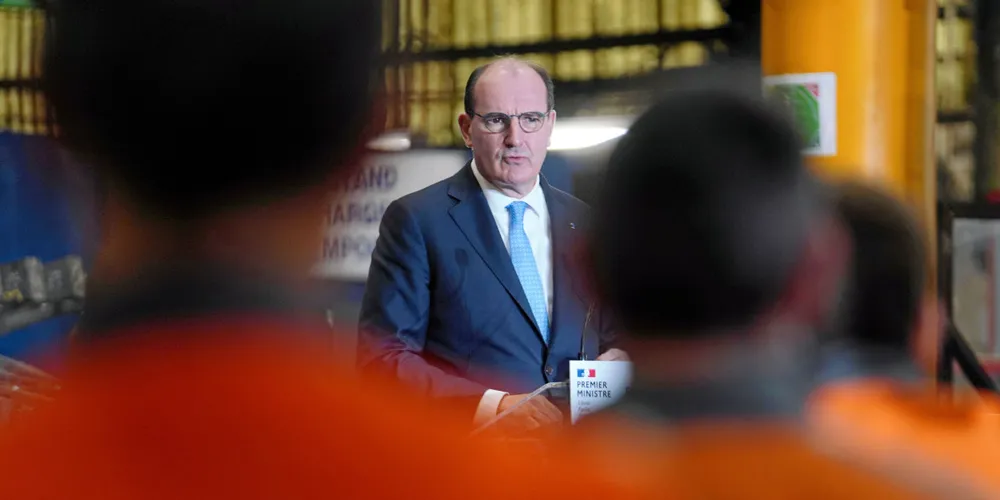France injects $4.5bn into hydrogen and other 'innovative technology' to decarbonise heavy industry
Green steel will be among the beneficiaries of the 'direct aid' package, which is part of President Emmanuel Macron’s $35bn 'France 2030' green investment plan
